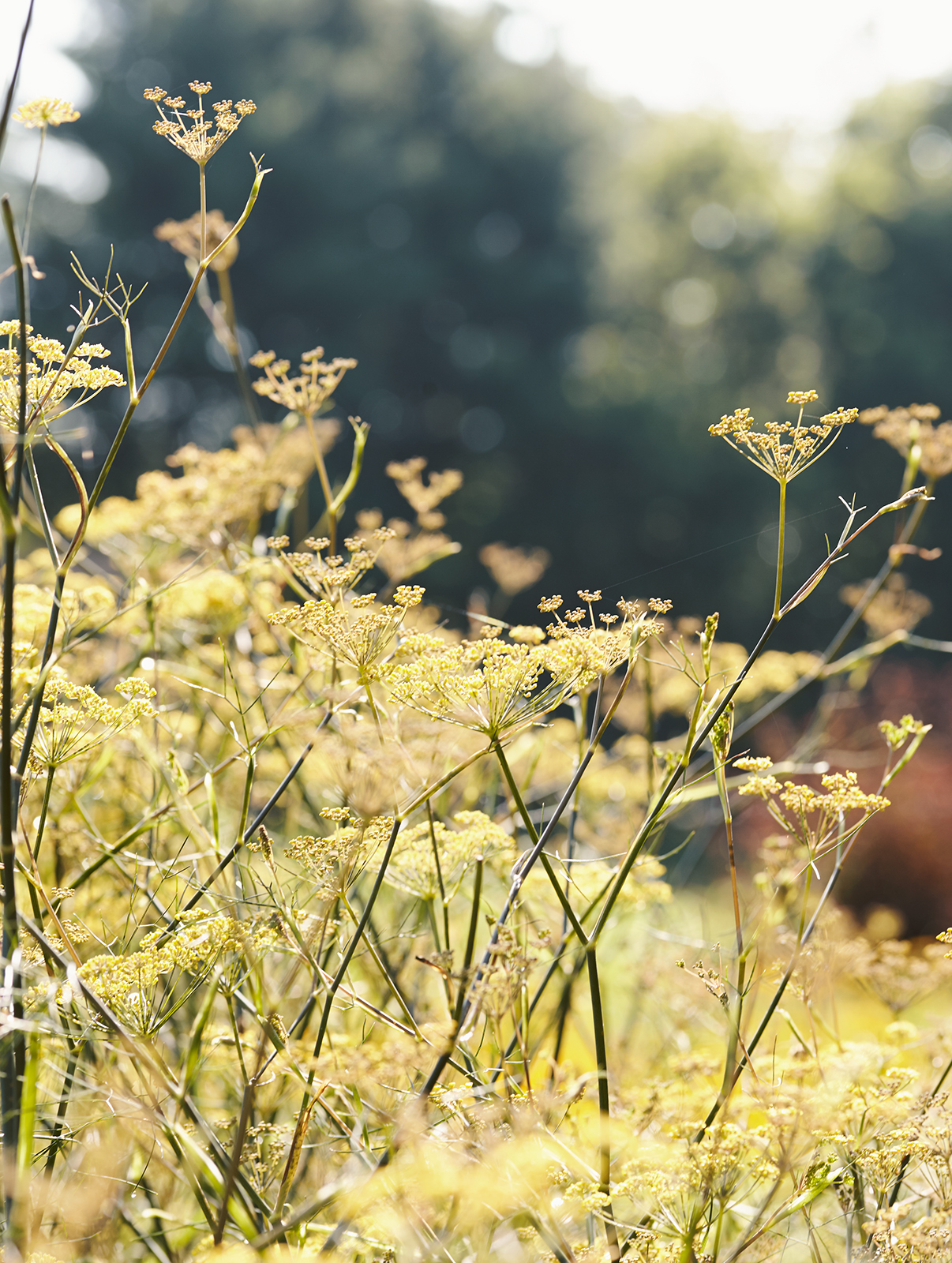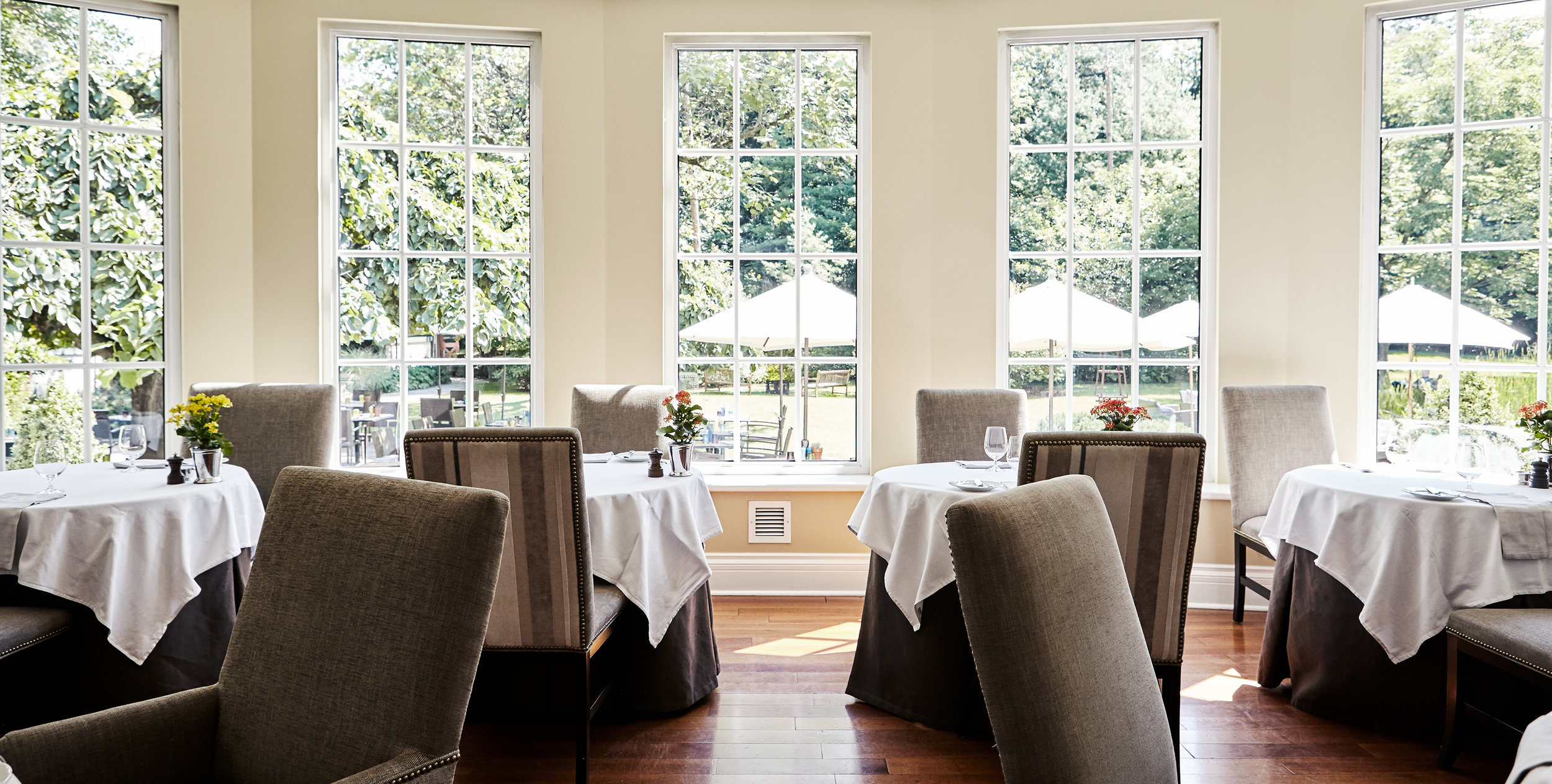I remember sitting by the fire as a kid, with a big cast iron pan filled with pickerel and pike that had just been dusted with flour and salt. The smell and the sound of the frying fish would consume me. I can recall sitting at the kitchen table when I was four, watching my grandparents make fresh bread, while the sounds of crawling lobsters across our kitchen floor filled the quiet air. I remember being in the sandbars with my family in Nova Scotia, digging holes as we looked for clams that we would boil up on the beach. Or even sitting in my Aunt’s condo in Toronto as a young kid enthralled by the smell of garlic and parsley as I ate escargot for the first time.
Food is critical to our existence. It’s our fuel, it’s our nourishment. However, that being said, it serves a bigger purpose. It’s creative, it's sensual, it’s sexual, it’s artistic, even scientific at times. It triggers sense, emotion, and memory. Food and the enjoyment of food has been the backbone to some of history's most important moments. It really is more than something that is simply “pumped” into your bloodstream. For me, food is my purpose. It gives me value. It’s my craft, my passion, my creativity.
My appreciation for food definitely started from a very young age. I would say it was mostly due to the fact that my parents and grandparents were both great cooks, and came from two very different parts of Canada that had so much to offer. Our family reunions were either in a forest by a lake in Northern Ontario, or by a sea in Nova Scotia. Each area had its own food heritage. It could be hunting, fishing, foraging, or simply farming. But these are all experiences that I don’t think I fully appreciated until I got older; I realize today, they have defined a lot of the reasons why I cook the way I do.
I think I learned very quickly that seasonality and terroir were the most important parts of cooking. After working and traveling around Europe for some time, the first thing I wanted to do when I moved back to Canada, was to bring all of that stuff back home. I wanted to have Dover sole and French langoustine. Unfortunately, when it got to Toronto, it was never as good as what you would get in Europe. I was trying to use European ingredients back here in Canada, and that’s when it clicked... Around 2003-2004 I decided to tap into what was local and seasonal, utilizing what was at my back door then and there.
Now I’ve had a couple of interviews where I’m asked about the local movement and what my definition of it is, and what I think of it. Or what I think Canadian cuisine is. And while those are fair questions, I think it’s beside the point of the real issue here. If you were in France for example, or anywhere in Europe, and you introduced yourself as a Canadian Chef who cooks local food, they would look at you like you’re an idiot. Because of course, you cook local, that’s your job. The word “local” has become such a trend in North America that it has lost its meaning. For some reason, it has become unique and trendy to cook local but that’s where it ends. And for me it’s not about following a trend or a style, that’s simply what cooking is. The best ingredients, in their prime - from farm to table in as little time as possible.
And it goes deeper than. Eating or cooking local summarizes a community, the people, the culture, the land. Someone asked me a couple of days ago, if you could define a country by what they eat; how I would do that? I laughed because you can’t really define a whole country like that. Take Canada for example. Canada is so big, the food in Nunavut is going to be different from the food in Vancouver and different from the food in Ontario. Canadian cuisine is about where you are standing in Canada at that moment in time. Meaning that each food experience varies from one region to the next.
What has become important is to make a connection with the food on a higher level. I try to think of what ingredients are best for that time of the year, and how do I really showcase it in all of its beauty and make it a focal point for the guest. It’s about giving every person something unique from our property, our terroir, and of my cuisine but presenting it in a way that also makes it memorable so it is forever embedded in their history.
Like my beet dish. It focuses on the true essence of the beet. It is cooked 4 hours after being pulled out of the ground. Garnished with ingredients that grow around it in our own garden. The only thing that isn’t from our garden is the sea salt.
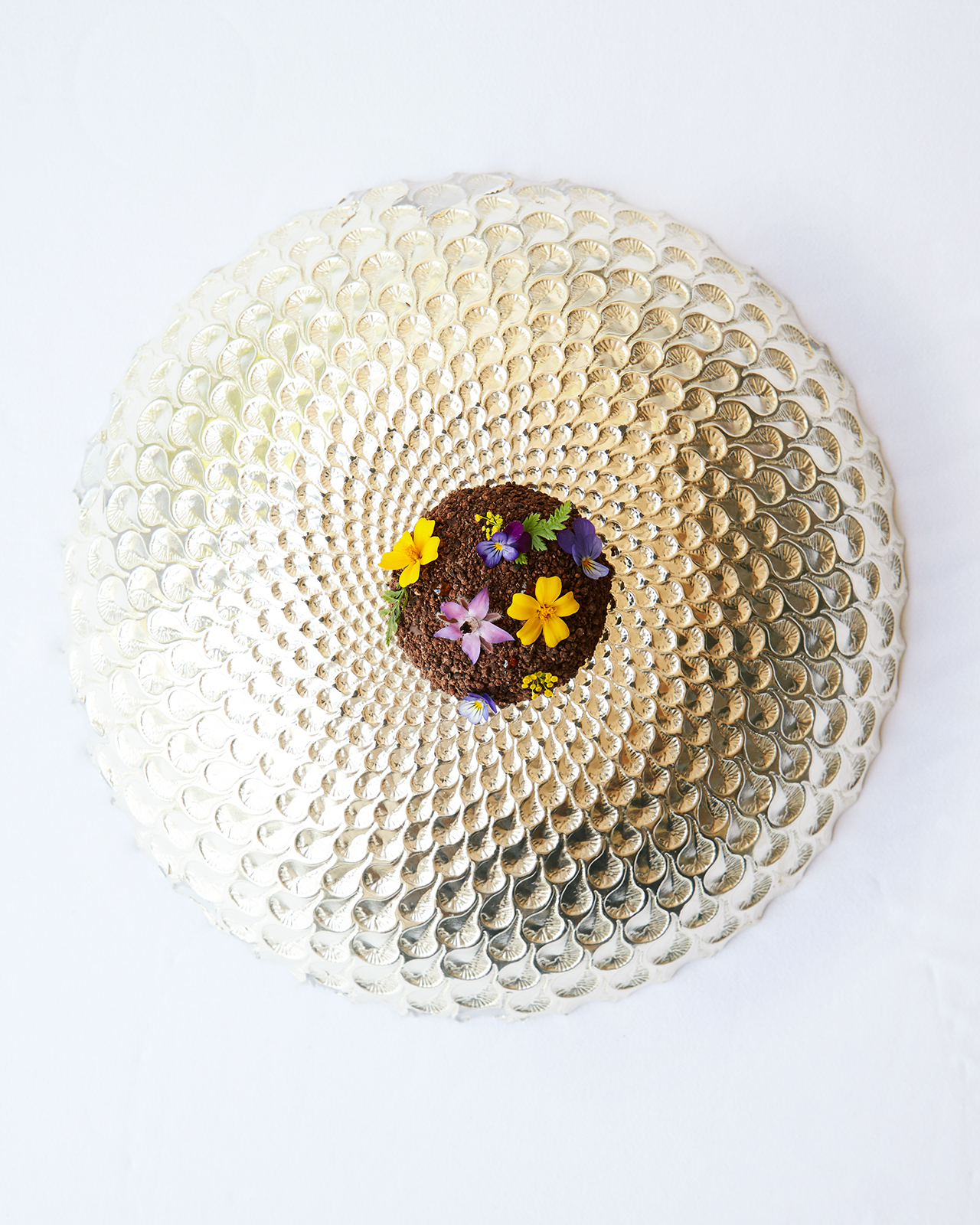
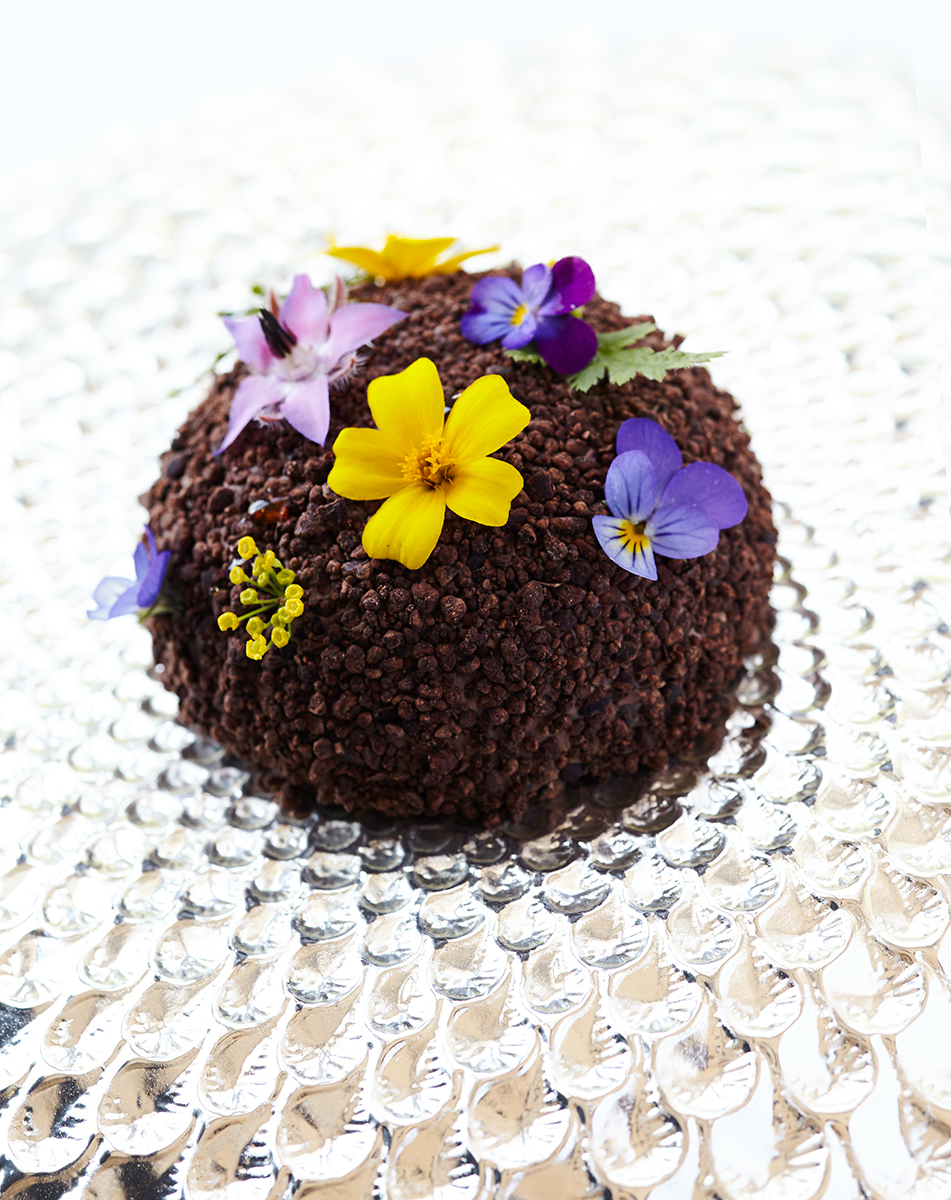

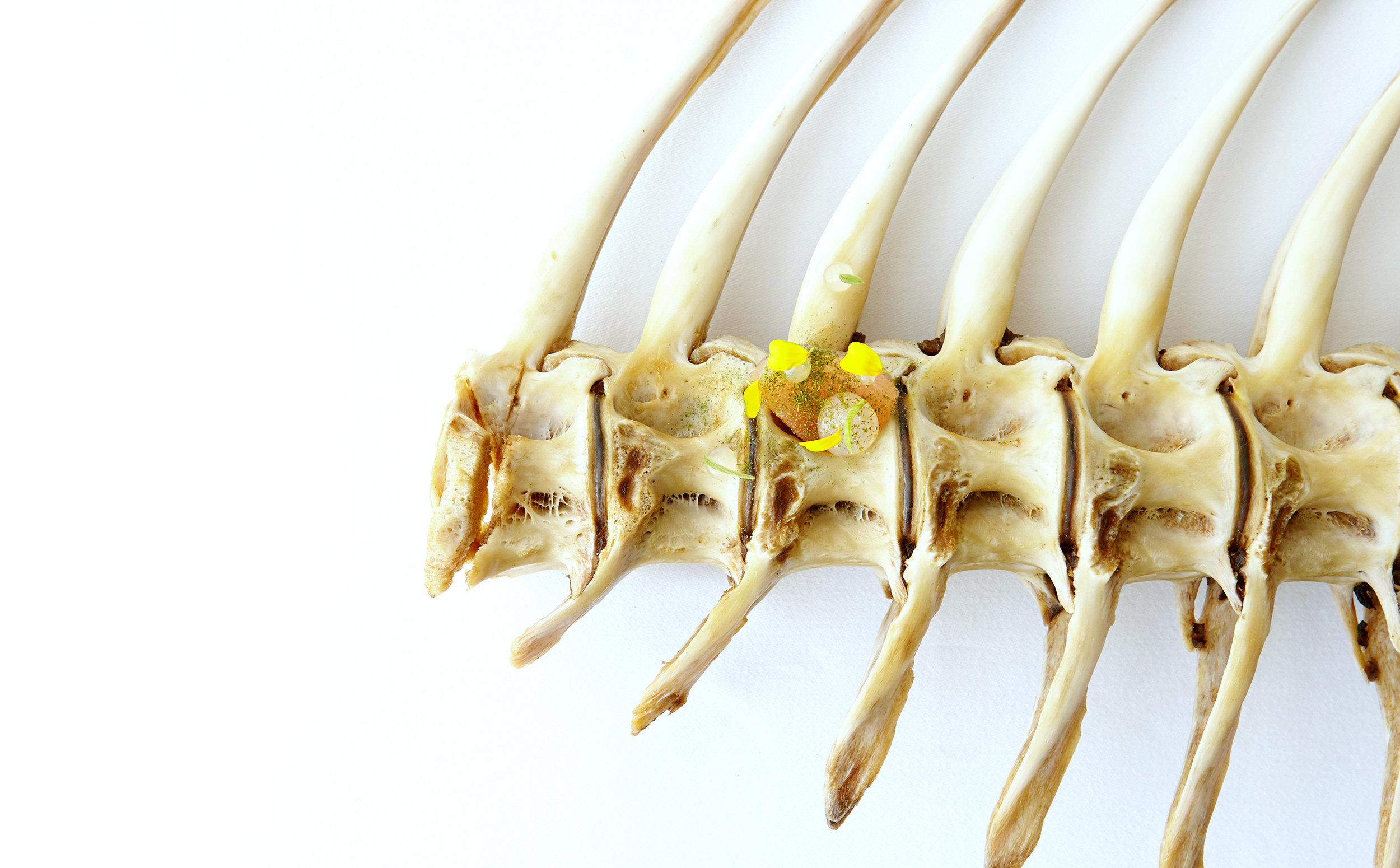
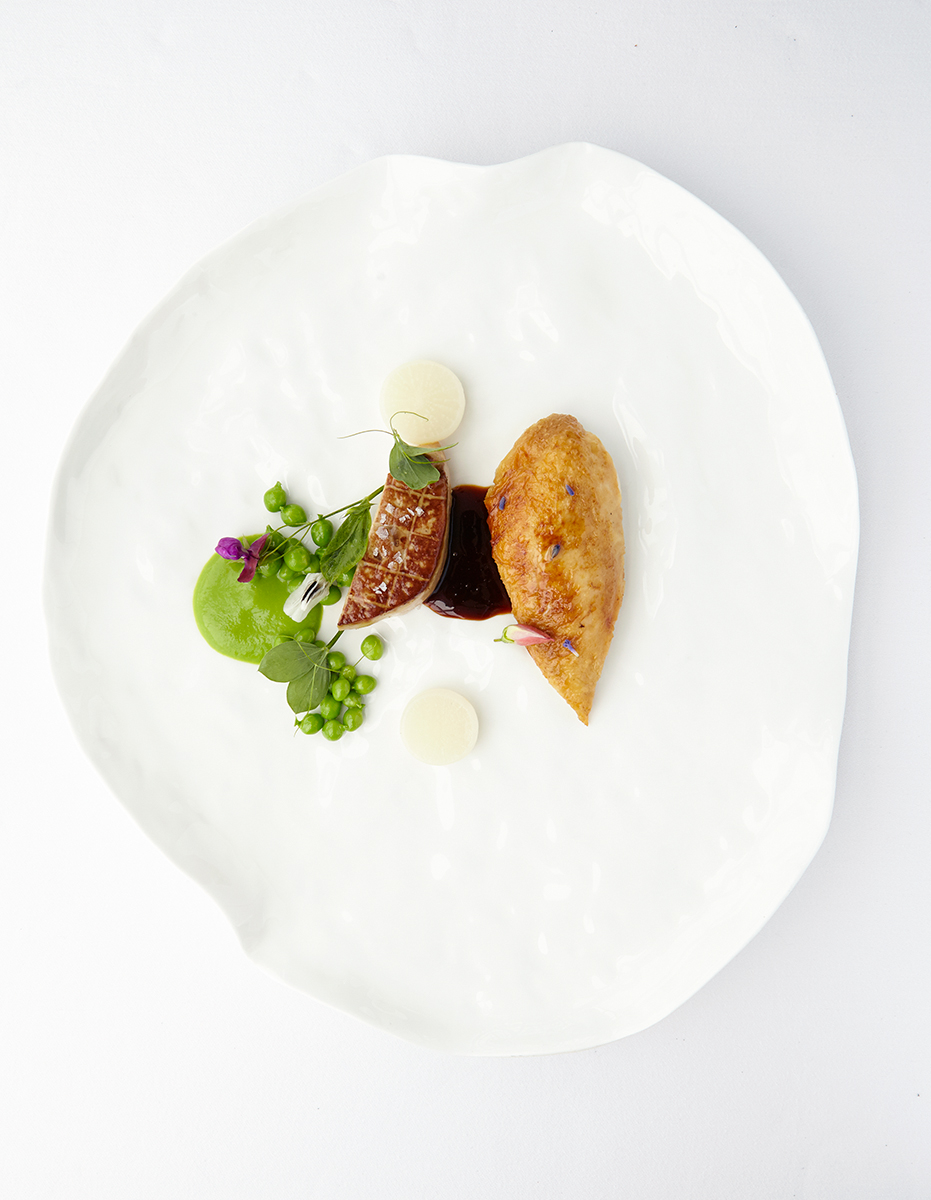
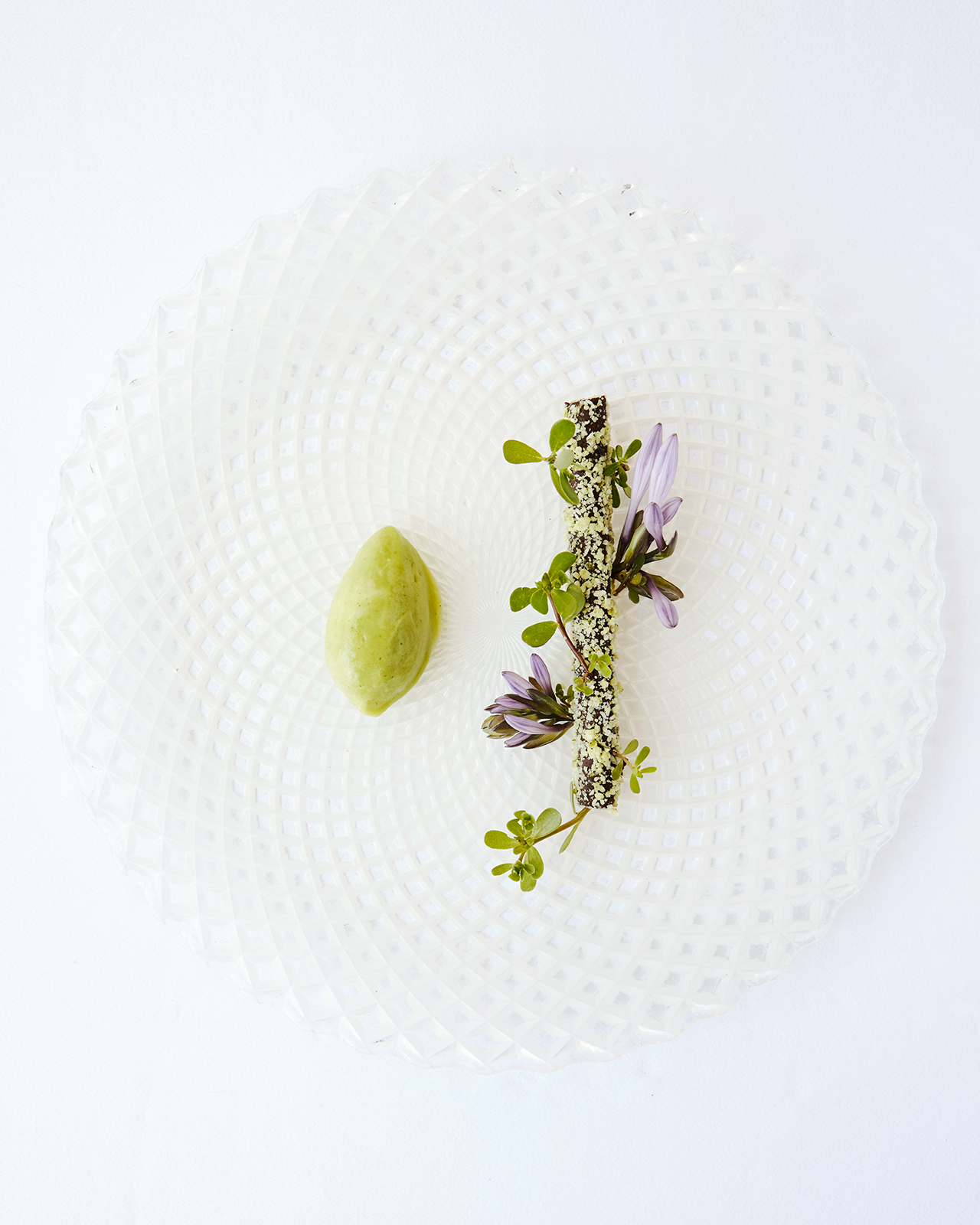
Food is one of the greatest pleasures in life... think about it, the enjoyment of food, in my opinion, is right up there with sex and the creation of life. It is physical, spiritual, emotional, and evokes some of the greatest pleasures we experience over the course of our lives. And cooking is very much about sharing a piece of yourself in every dish you make. From the land that you cultivate to the time spent in the kitchen creating, it really is an experience that captures every aspect of a person. And that pretty much sums it up for me. Every time I cook, I share a piece of myself.
Executive Chef at Langdon Hall
- Restaurant CAA 5 diamond award.
- UofG and Food Day Canada, Good Food Innovation gold award for the support to farmers and the use of Canadian products in all menus
- FeatON award for using over 80% Food and Bev products sourced from Ontario
- International Rising Chef award- Relais Chateaux
- Farm to Table chef of the year 2017
- Recognized by two separate organizations as chef of the year for 2017

